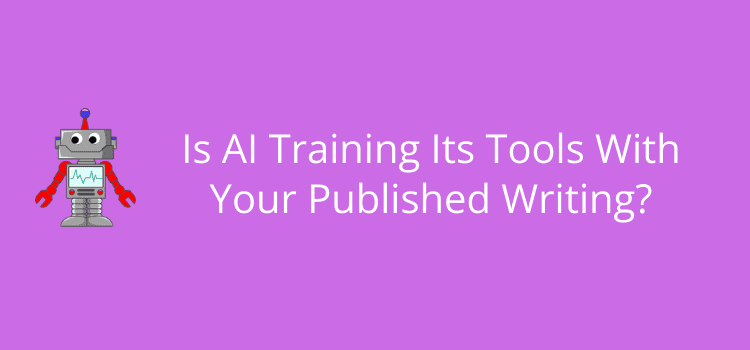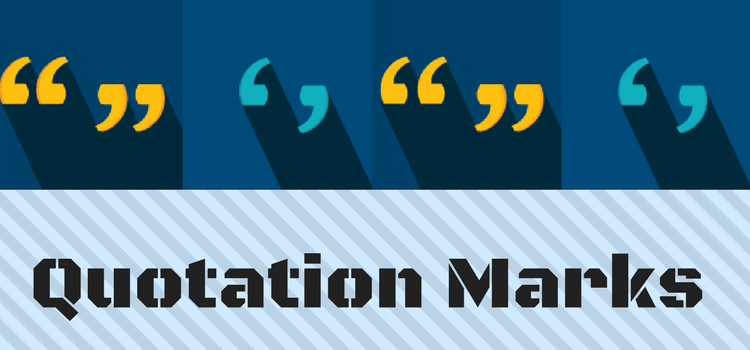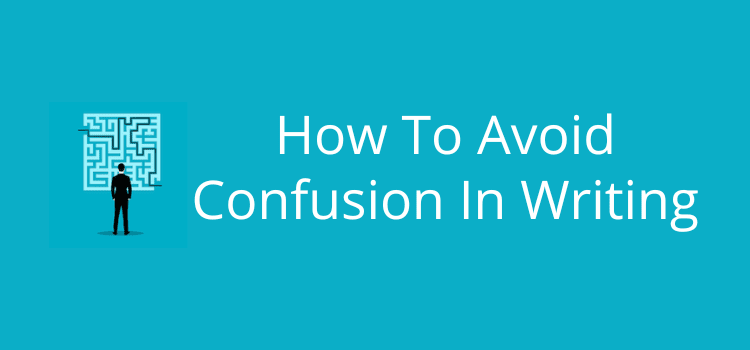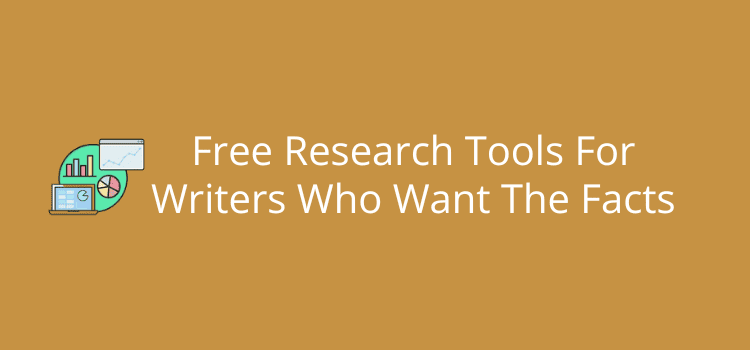
Every writer needs to check facts, and these free research tools can help you get the job done quickly.
Whether you’re writing fiction, nonfiction, online articles, or essays, the accuracy of your information, or even small story elements, always matters.
Validated facts add precision and authority to whatever topic or theme you are covering in your writing.
However, you can often spend more time hunting for information than writing. The tools I have included in this article can help you find your facts faster.
Why getting your facts right matters
If you get a detail wrong, such as a date, a name, or a quick statistic, some of your readers will notice.
Even what you might think are tiny errors can break trust and make your writing less credible.
If you’re writing fiction, a small incorrect historical fact or an unrealistic time setting can have a negative effect on your readers.
For nonfiction and online writers, unwittingly including inaccurate facts can harm your authority and reputation.
Inaccuracies can also spread quickly online via comments or social media. You certainly don’t want your article to be one that people cite for the wrong reasons.
It only takes one hypercritical reader to highlight a mistake, and suddenly the focus shifts from your article topic to your careless error.
You have so much free information at your fingertips for fact checking.
But while it’s tempting to believe that Google’s first result is always right, that’s not always the case.
Quick answers aren’t always the most accurate answers, and not every source you find is reliable.
By taking the time to do an accurate fact-check, you can save yourself from publishing a mistake that might be hard to erase.
Free tools to make your research easier
You don’t need a paid subscription to access databases or research papers to find reliable and accurate information.
Many free tools can help you fact-check faster, so you can go back to concentrating on your writing.
Whether you want a quick statistic, a historical detail, or a credible quote, the tools below can offer you a lot of help.
1. Google Books

If you want to quote from a printed source, Google Books can often help.
You can also find many books that are out of print.
With millions of scanned books, you stand a good chance of verifying your facts or using literary quotes accurately.
An associated tool, Google Books Ngram Viewer, is one I use regularly to check on changes in language use.
2. WolframAlpha

Do you want to know the exact dates and times of earthquakes in Australia?
I did, and this site gave me the precise answer with dates, times, and locations.
If you need to research data, dates, and real-world facts, WolframAlpha is a terrific resource.
You can search for math, science, geography, history, and much more.
3. Project Gutenberg
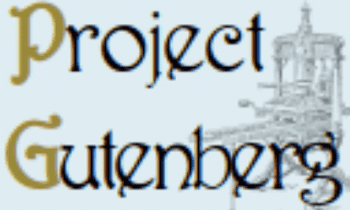
A lot of information you might need is often available in public domain texts.
With Project Gutenberg, you can download or search thousands of classic works, speeches, or historical documents.
If you are looking for authentic language in period dialogue or direct quotes from original texts, it’s a valuable resource.
4. Statista (Free Version)

If you are looking for statistics, graphs, or infographics, Statista is one of the best sites to search.
While the free version limits you a little, you can still find a lot of useful information, especially for detailed reports and statistics on hundreds of topics.
It’s an ideal source for article and nonfiction writers covering markets and trends.
5. CIA World Factbook

Yes, it’s the US CIA.
However, it’s a reliable resource for country profiles and geopolitical facts.
If you’re searching for accurate, concise data about governments, economies, and geography, it can help you find the information you need.
For fiction writers, it’s an ideal way to set stories in global locations or add extra context to current events.
6. Google Scholar

You would probably only use Google Scholar for academic research.
You can search for summaries and citations, for peer-reviewed papers, and many complete papers are available.
It’s not a site for most writers. But for academics, it’s a useful citation tool for accurate referencing or finding studies to support arguments.
7. Time And Date

When you want details about historical time, date, and weather information, Time And Date has a huge resource of information.
You can pinpoint time zones, full moon dates, leap years, sunrise times, and a whole lot more.
Do you want to find out what phase the moon was in for a night scene in your novel set in 1908? Well, this site will help you get this minor detail right.
8. Internet Archive / Wayback Machine
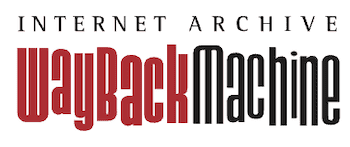
You remember reading something online, but it has disappeared.
The Wayback Machine can help you find deleted pages or the original version of an updated document.
You can browse through archived versions of websites, documents, and even audio. The site goes back decades, to the very early days of the Internet.
It’s a tool that can help you identify quotes or references from sites that no longer exist.
I use it quite often, and I’m always surprised by how much data it retains. I even found a long-forgotten website I had used for a business in 1998.
9. OECD Data Portal

If you need facts related to international economic and social stats, the OECD portal is one you should try.
The site tracks policy trends, health data, education levels, and inequality across many countries.
It is a huge resource for writers covering global topics, but also useful for setting fiction in the real world.
10. Google Dataset Search

It’s not for all writers, because Dataset Search is for niche and bulk data collections.
However, if that’s what you require, it’s a powerful way to search free datasets from universities, governments, and research groups.
Do you want to discover why flying insects gather at artificial light? Well, you’ll find the information from this specialized search tool.
Conclusion
You want to spend your time writing, so it’s easy to fall into the trap of using quick and easy, but unreliable sources.
AI search is a good example, because it can so often hallucinate and give you inaccurate information or statistics.
The free research tools in my list can help you find accurate, trustworthy facts without slowing you down too much.
Whether you’re hunting for a single statistic or crafting a realistic world for your next novel, using a trustworthy resource can make all the difference.
Related Reading: 10 Free Tools To Check If Writing Is Human Or AI-Generated
Share This Article
